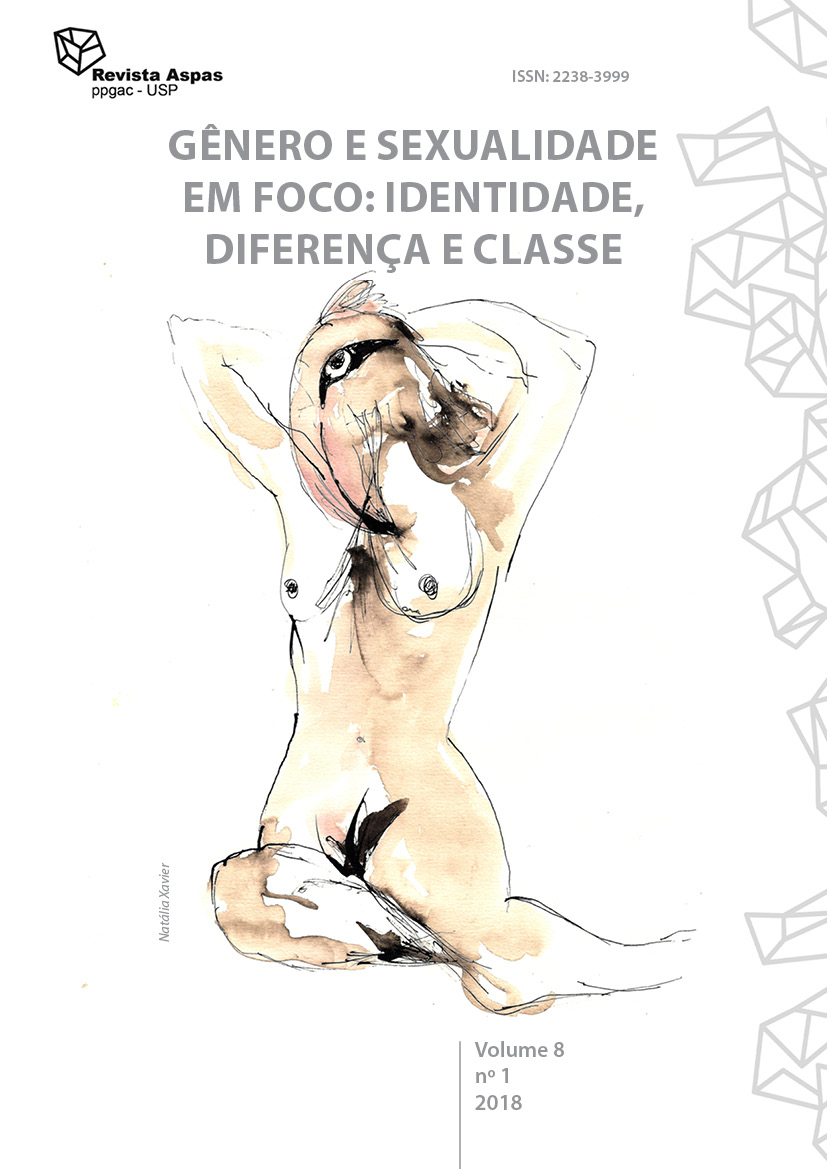Scenic lighting and gender disobedience
DOI:
https://doi.org/10.11606/issn.2238-3999.v8i1p24-40Abstract
This text presents some findings of a recently concluded doctoral research on transgenderity and theatrical reception. One of the neuralgic aspects of the research results is the performative potential of scenic light as a lyrical force of expression of the visualities of gender disobedience. From the critique of the pathological paradigm of “transexuality”, which reduces the amplitude of the transgenerities to the body modification, we propose the corrupted term “luzvesti” (luz/lighting + transvestite) as operator of the aesthetic apparatus of the scenic lighting on disobediences of gender. In the same direction, based on a contrassexual perspective, the idea of sexual diversity represented by acronyms is put in check in its carte/menu characteristics, and its monosexual and scale produtivism. From the analysis of the light effects of the plays A demência dos touros / The dementia of the bulls (Cia Teatro do Perverto, 2017) and As 3 Uiaras the SP City / The 3 Uiaras from SP City (Laboratory of Dramatic Technique, 2018), both of which approached transgenerities as an urban issue, this article indicates the contributions of the scenic lighting to the theoretical resizing of the studies of gender from the visualities. Thus, what is understood by self-identification as a function of desire or sexual practices become tensioned with subjective and social processes of contrassexual performativity and reception, perceiving light as an element of spatial design of gender. Lighting as a costume of the scene (light dressing) is then seen as a possible spatial result of gender disobedience between the dramaturgy of light and the performance of theatrical reception.
Keywords: Stage lighting, Transgenderity, Contrassexuality, Gender performance, Theatrical reception.
Downloads
Downloads
Published
Issue
Section
License
Copyright (c) 2018 Revista Aspas

This work is licensed under a Creative Commons Attribution 4.0 International License.
Whenever publishing material referring to the article published in the aSPAs Journal, the authors commits to mentioning such publication as follows:
“This article was originally published by aSPAs Journal volume (insert the volume), number (insert the number) in the year (insert the year) and can be accessed in: http://revistas.usp.br/aspas"







